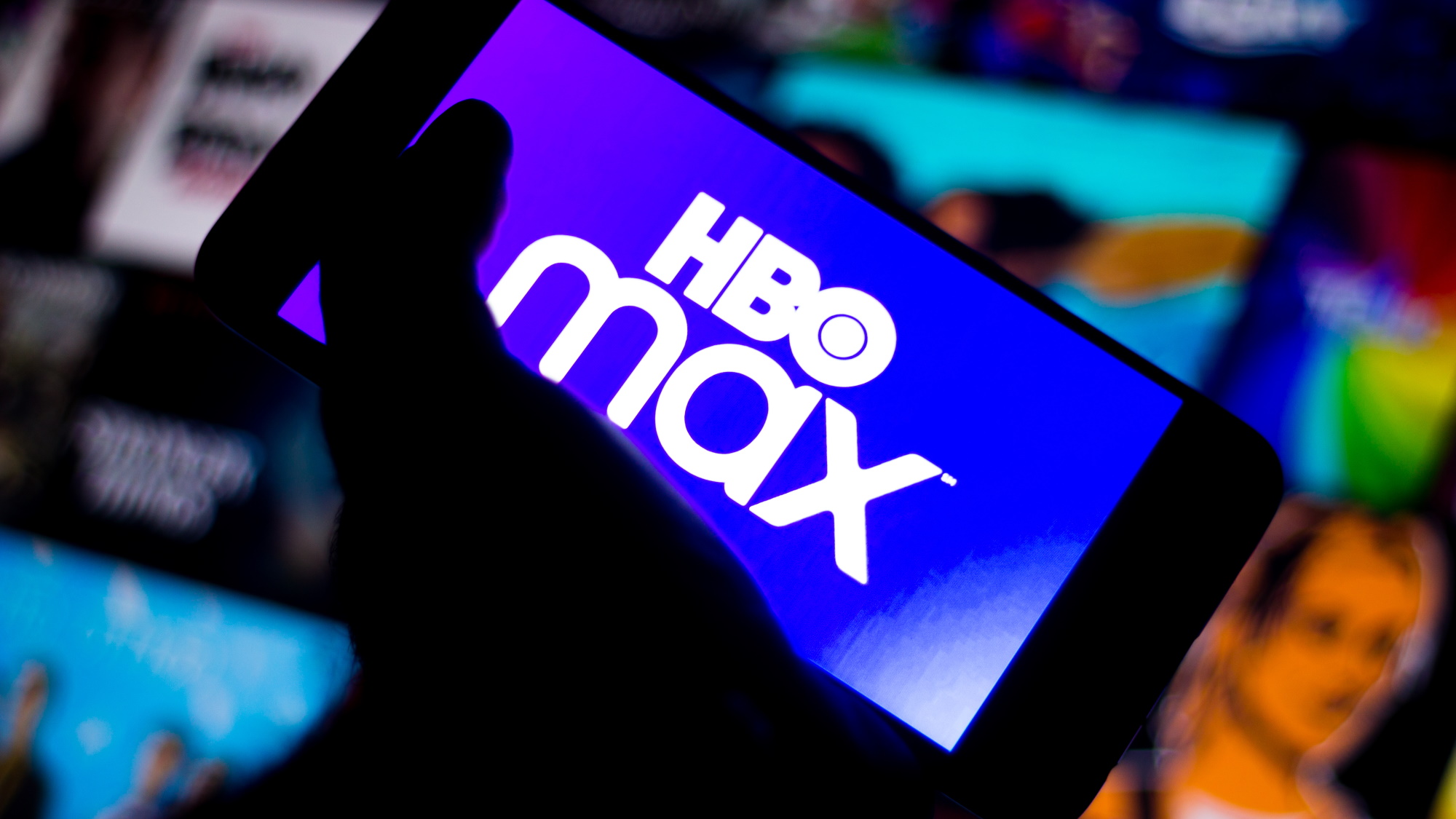- Warner Bros. Discovery CEO believes HBO Max is “way underpriced”
- That reportedly gives the streamer “the chance to raise prices”
- David Zaslav also outlined plans to ramp up its password-sharing crackdown
Instead of surprising subscribers with the announcement of a sudden price hike, Warner Bros. Discovery CEO David Zaslav has given users a heads up to expect costs to rise “over time”.
“I think over time, there’s real opportunity, particularly for us, in that quality area, to raise prices,” Zaslav said at the Goldman Sachs Communacopia and Technology conference yesterday (September 10), according to Variety.
When the next HBO Max price rise might be, then, is not yet clear, but going by the streaming boss’s latest comments, it’s definitely a case of when and not if. The reason? Zaslav thinks that the streamer is “way underpriced”.
“The fact that this is quality – and that’s true across our company, motion picture, TV production and and streaming quality – we all we think that gives us a chance to raise prices,” he said in another quote from The Hollywood Reporter.
Another way that WBD plans to raise more revenue from subscribers is through the HBO Max password-sharing crackdown, which up until now hasn’t been strictly enforced – subscribers have only received messages warning of the rollout of new extra member fees so far.
That’s set to change, according to Zaslav, who said “we’re going to begin to push on that”, signaling harder account restrictions to come that’ll likely be very similar to what we saw with Netflix and Disney+.
Is HBO Max worth paying more for?
Such a bold statement promising the certainty of raising subscription costs comes amid user backlash over the growing number of streaming service price hikes. In 2025 so far, Discovery+, Netflix, Fubo, Plex, Peacock and Apple TV+ have all raised costs in the US, prompting various calls for cancelations.
A lot of these subscription hikes have left many of the best streaming services priced similarly in line with each other, with Apple TV+ and Paramount+ having the cheapest ad-free plans in the US, while Hulu is the most expensive.
HBO Max sits towards the higher end of costs compared to rivals, with its ad-free rate just $1 less than Hulu’s. That means, going off Zaslav’s latest statement, that HBO Max could be on track to be the most priciest major streamer if it continues to raise costs.
|
Streaming service |
Ad-free rate |
|---|---|
|
Apple TV+ |
$12.99 a month |
|
Paramount+ |
$12.99 a month |
|
Disney+ |
$15.99 a month |
|
Peacock |
$16.99 a month |
|
HBO Max |
$17.99 a month |
|
Netflix |
$17.99 a month |
|
Hulu |
$18.99 a month |
What WBD’s head of streaming looks to be banking on is the fact that HBO Max is still very much in the middle of a global rollout. The service was launched in 12 new countries in July, bringing its global availability to close to 100 markets – and there’s more to come later this year.
In fact, Zaslav says that the platform will be in over “150 million homes” by 2026. But while the CEO points out that “consumers in America would pay twice as much 10 years ago for content”, not every region is getting the same library of quality content to justify a higher price tag.
Many HBO titles aren’t available to stream everywhere in the world that HBO Max has launched in, making Zaslav’s argument around paying more for quality content not completely fair across the board, especially if its tentpole movies and shows aren’t getting wide releases.
It also doesn’t help that none of the 72 movies and 60 TV shows coming to HBO Max in September are original content, which makes the idea of further price rises based on the argument that the service has more quality content not completely fair. Indeed, it’s that exact reason why some believe HBO Max isn’t worth subscribing to this month.
Of course, that will change again when October rolls round and we get to see the debut of IT: Welcome to Derry. But can HBO Max’s slate of content continue to justify higher subscription prices? Do you think the service is underpriced? Let us know in the comments below.
Read the full article here














